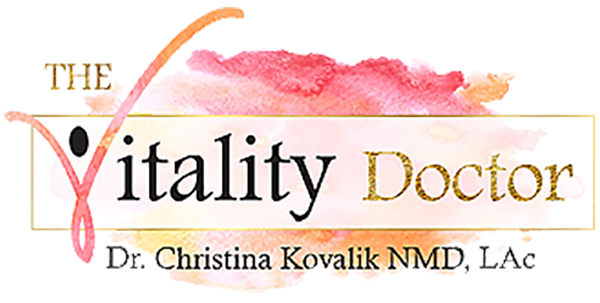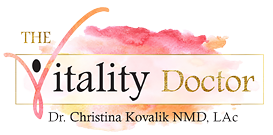Hormone Imbalances
Women
Understanding Hormone Imbalances in Women
A hormone imbalance can occur at any age. The fact is that after age 30, people produce 3-10% lower hormones each year. Hormone imbalances are often associated with perimenopause, menopause, thyroid disorders, menstrual irregularities, insulin resistance/blood sugar imbalances, adrenal insufficiency and andropause (in men). If you are feeling a little off lately, it may be a hormone imbalance.
Symptoms of hormone imbalance:
- Insomnia, Trouble sleeping or staying asleep
Perimenopause/ menopause -hot flashes, palpitations, menstrual irregularities, vaginal dryness, hair thinning, night sweats
In ability to lose weight
Fatigue during the day, lack of energy and drive
Mind fog, depression, irritability, decreased libido
Andropause- trouble with weight gain in the middle, decreased muscle tone, low libido
It is important to evaluate all the symptoms and obtain the proper testing to find the source of the imbalance.
The reproductive organs (ovaries, testes), adrenal glands, pancreas, thyroid, parathyroid, hypothalamus, pituitary, liver and pineal gland are all responsible for producing and maintaining the proper balance of hormones in the body. Many endocrine organs interact and depend on the proper functioning of the other endocrine organs.
The reproductive organs rely upon the proper stimulation from the thyroid in order to maintain a proper estrogen/ progesterone balance, hence sex drive or fertility becomes a problem. The endocrine system is a complex system with a little fine tuning it can be back in balance. It is important to test hormones via saliva testing or by blood serum levels.

